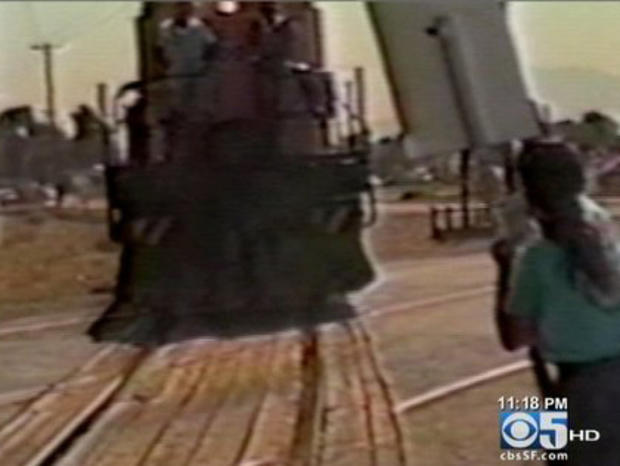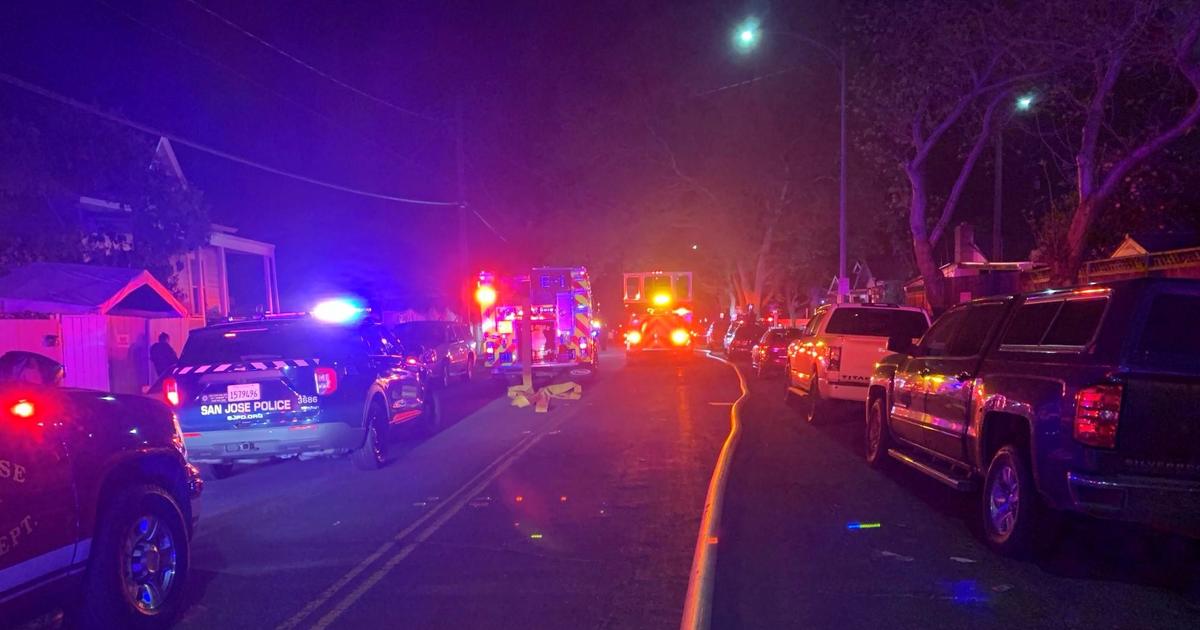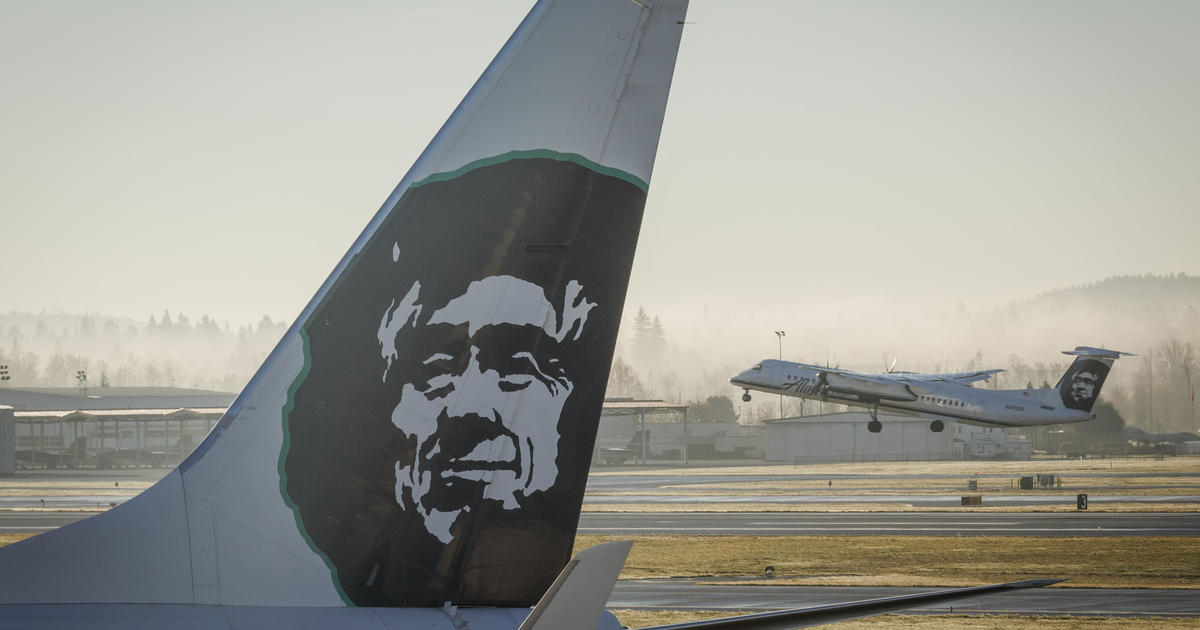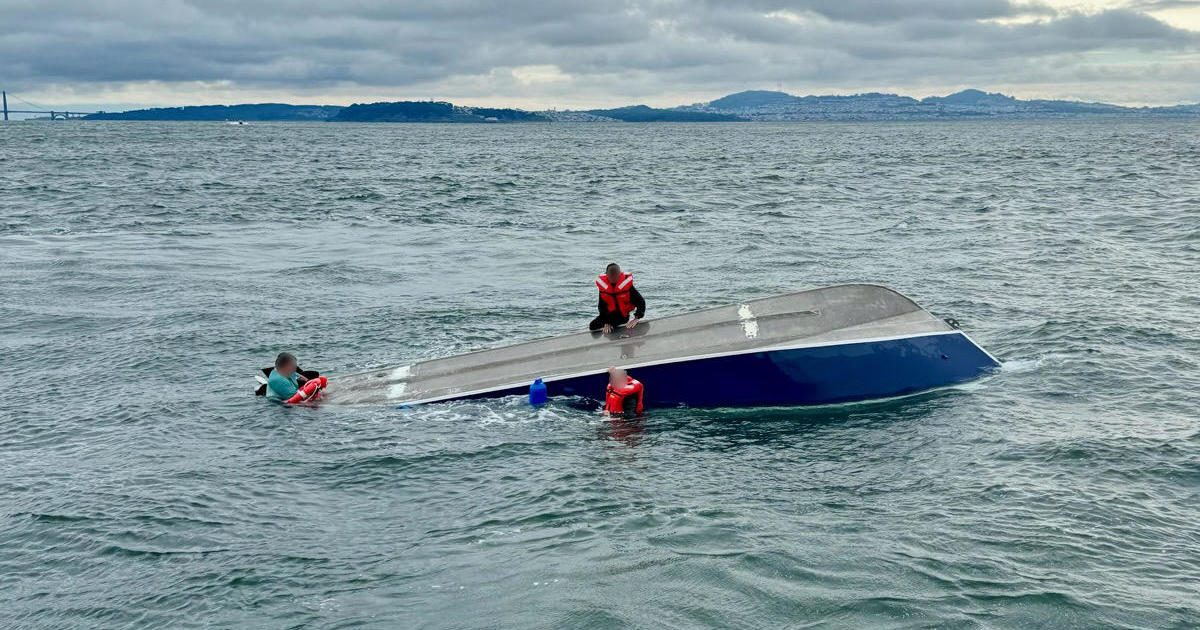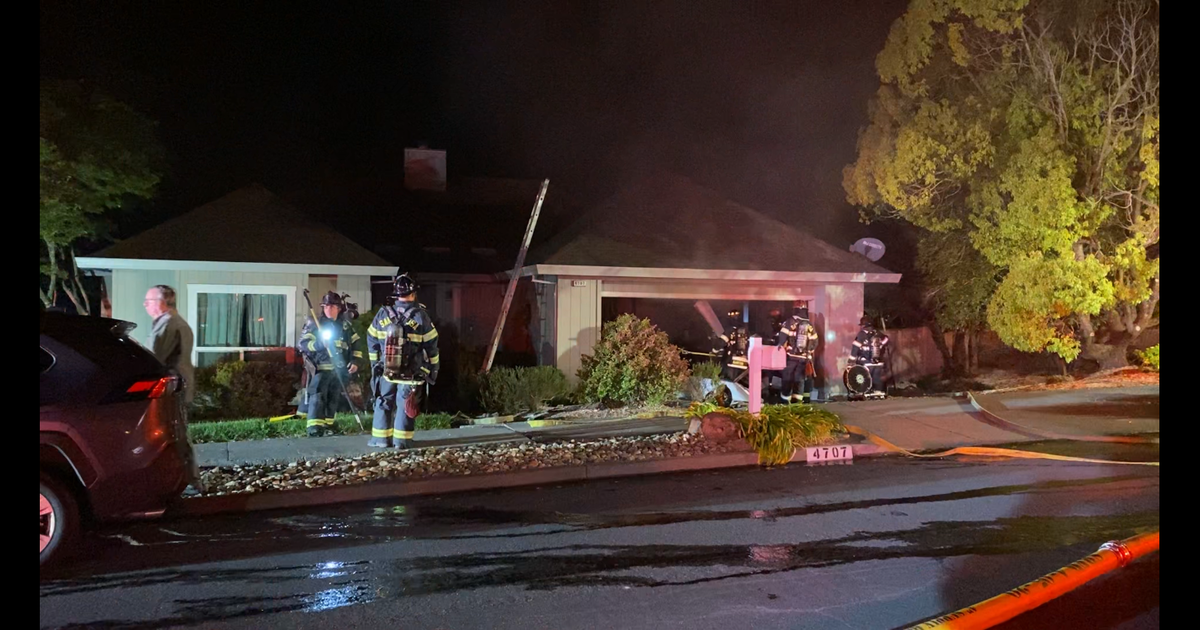Veteran, Activist Recalls Losing Legs To Train In Concord Protest
CONCORD (CBS 5) -- The Bay Area has been the center of political and social activism for decades. Whether you agree with his politics or not, the story of Brian Willson stands out.
Nearly 25 years after a train ran over him, Willson told CBS 5 why it was all worth it.
"I only know this from my friends telling me because I don't have any memory of what happened for four or five days, including an hour or two before I got hit," Willson said.
On September 1, 1987, Willson and several other Vietnam veterans were about to begin a hunger strike on the tracks leading out of the Concord Naval Weapons Station to block arms shipments headed for the Contras and President Ronald Reagan's so-called "secret war" in Nicaragua.
"We took our position on the tracks. I was sitting on my rump and the other two veterans were crouching on their feet, all three of us between the rails," he said.
A videotape remains the only real-time record of what happened. The spotters and engineers aboard the munitions train ignored the screams of more than 40 protestors to stop.
"The train ran over me and I mean it ran through us at 17 miles an hour, more than three times the legal speed limit," Willson said.
Two of the vets managed to jump away at the last second. Willson was run over by the 200,000 pound locomotive. The crushing blow from the train cut off his legs, left him with multiple broken bones and a plate in his head.
Authorities questioned him in the hospital days later, calling him a "domestic terrorist" before most Americans even knew what the term meant.
Willson is now 70-years-old, living in Portland, Oregon. He wrote a book about that day titled "Blood on the Tracks." He spends his time writing, researching and hand-cycling his adaptive bike up to 20 miles a day.
After all these years, he explained why he sat down in front of that train. The answer goes back to his days as a young officer in Vietnam.
"I saw in one week somewhere between 700 and 900 dead Vietnamese. And they were all either mothers, young women and lots of children and a few elderly people. Most of the young men that would have been in those villages were not in those villages." He was infuriated that the U.S. was inflating the enemy body count by including women and children.
His anger resurfaced 20 years later when it was revealed the Reagan Administration had begun supplying the Contras in Nicaragua with the same bombs and rockets that had killed so many in Vietnam. He thought something had to be done.
"You could see the crates of the rockets, the bombs going by slowly. I would be within five feet of the trains, standing there all summer watching this," he said.
After the train incident, which he called "attempted murder," Willson and the other veterans traveled the world. They went to Central America, the Palestinian territories and Baghdad to witness first hand what he calls human rights abuses. He said the recent Occupy Movement in the U.S. has given him a renewed hope that Americans are waking up again.
"They are talking. They are having general assemblies. I sat in and I just was amazed. I was almost in tears. These people are serious about building a new paradigm."
Willson said he believes the actions of one can influence many. Five days after he lost his legs under the locomotive, more than 9,000 people disgusted with what happened crowded the weapons station gate and tore the tracks out of the ground. No trains rolled from the facility for the next two and a half years.
(Copyright 2012 by CBS San Francisco. All Rights Reserved. This material may not be published, broadcast, rewritten, or redistributed.)
